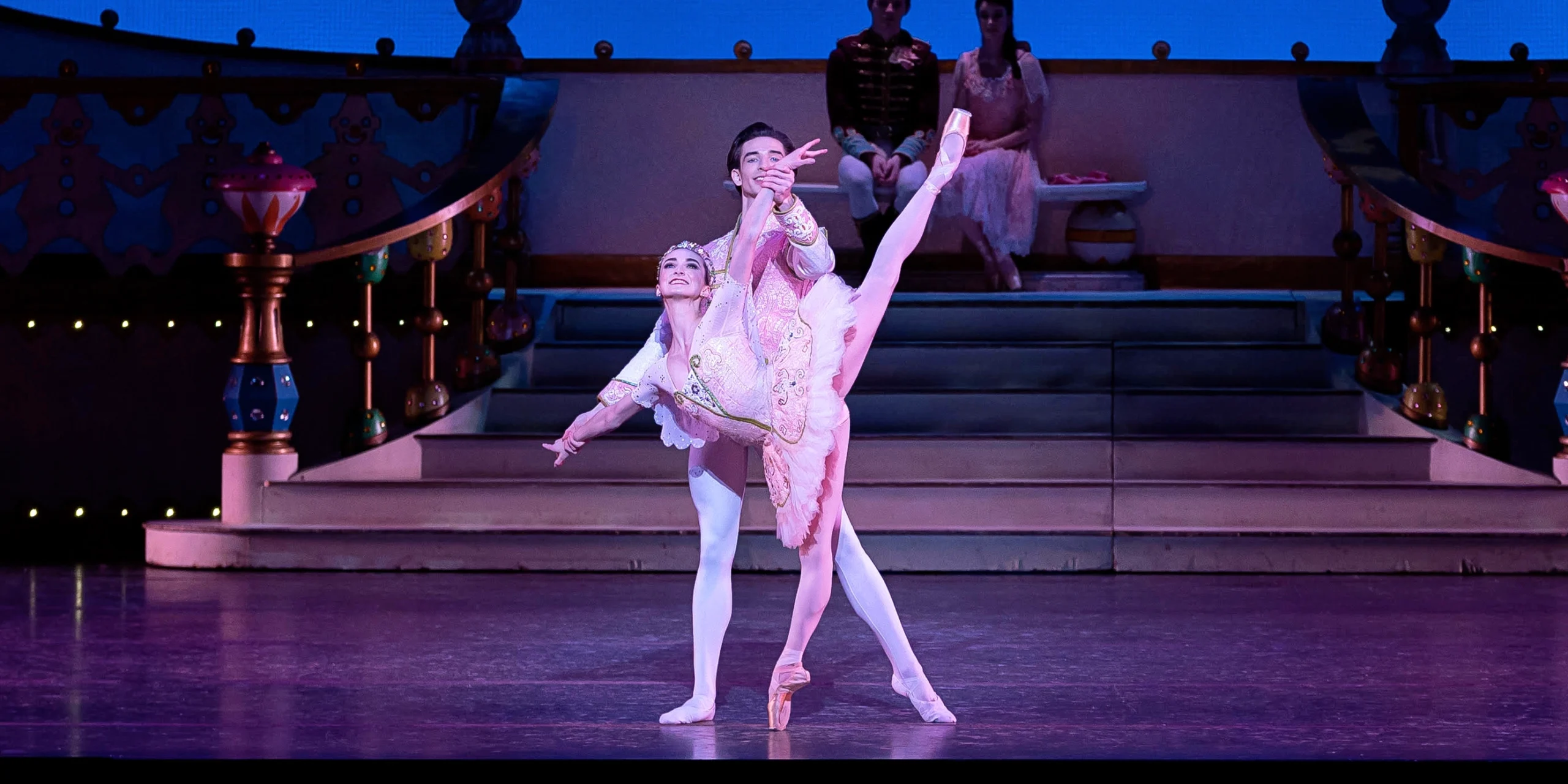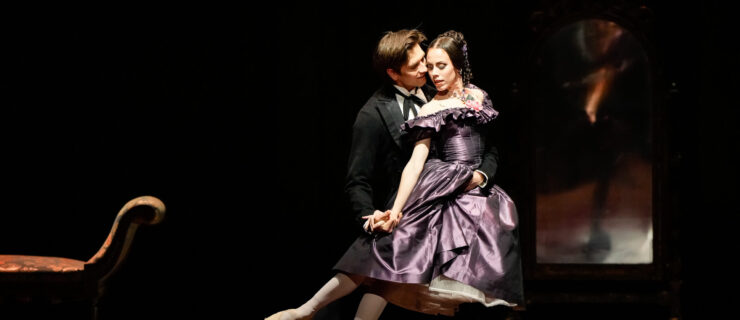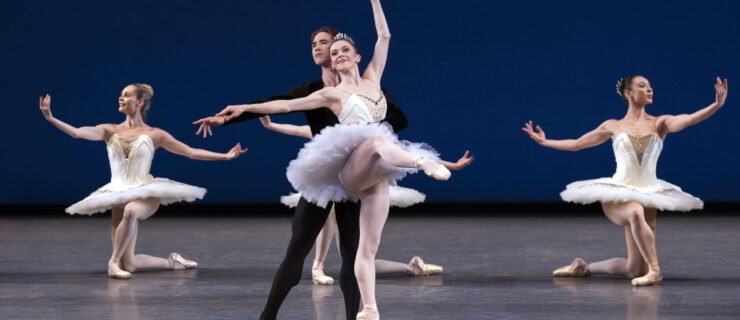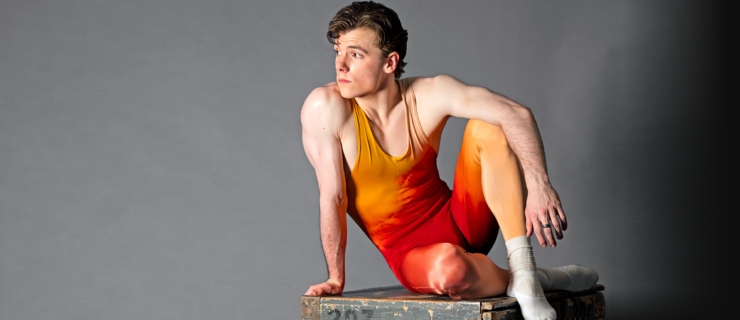After Hip Replacement, PBT’s Jessica McCann Is Back Onstage and Sharing Her Recovery Journey
In December 2022, Pittsburgh Ballet Theatre soloist Jessica McCann learned that her right hip was the equivalent to that of a 90-year-old’s. Bone spurs, calcium deposits, and a ready-to-rupture bone cyst could cause permanent damage, her doctors told her. Without a hip replacement, she would not be able to continue to dance professionally.
Stop dancing? McCann wasn’t having any of that.
She had put off addressing her growing hip pain long enough, and, like an increasing number of dancers with significant hip damage and deterioration, she opted for the surgery.
On April 21, 2023, the California native, then 32, had her right hip replaced at the Hospital for Special Surgery in New York City. Less than a week later, she was walking without crutches. By August, she was back in the studio for her ninth season with PBT. In October, she returned to the stage looking better than ever, performing in Annabelle Lopez Ochoa’s acrobatic Lacrimosa.
For McCann, the unknown was not whether she would return to dancing, but the lack of information and support she found in going about her surgical journey. Below, McCann shares why she wants to be an advocate and resource for other dancers who need to have a hip replacement and want to return to performing.
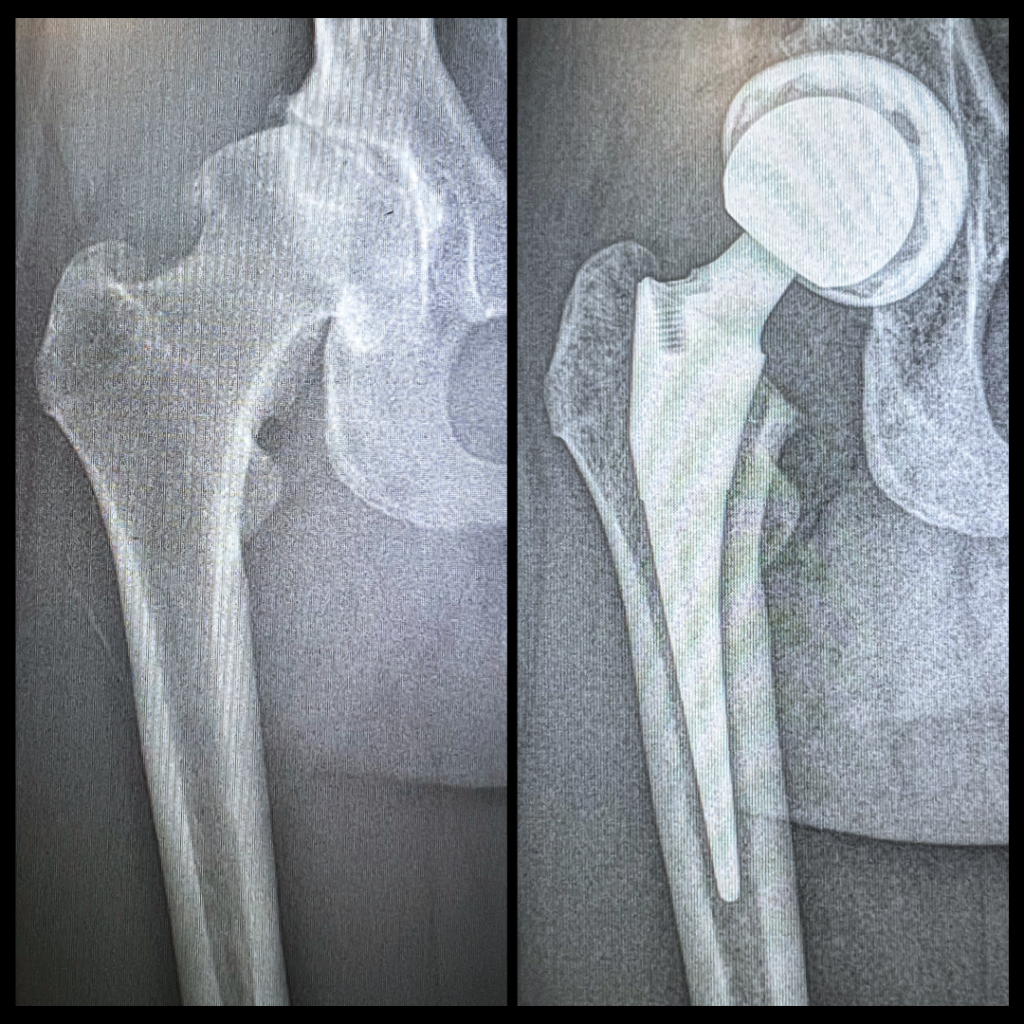
When you found out that you needed a total hip replacement, what kind of information was available?
There was not a lot of information that I could find about hip replacements in ballet and returning to dancing. There was only information about hip resurfacing and examples of dancers who had hip replacements after their performance careers. It felt incredibly isolating, and I had to forge my own way.
What was the main thing you were looking to find out?
If it was possible to have a hip replaced and continue my dance career. In my head, I was determined it would be possible. I never considered retiring for one second throughout the entire process.
What were a few of the most important things you learned about a hip replacement that you want to pass along to other dancers?
Find a surgeon who wants to work with your goals. I wanted the greatest range of motion for dancing. The technology is there to have a hip replaced and continue your career. I received the new dual mobility hip replacement from Dr. Edwin Su in New York City, who had done similar surgeries on other dancers and understood the range of motion I was trying to achieve.
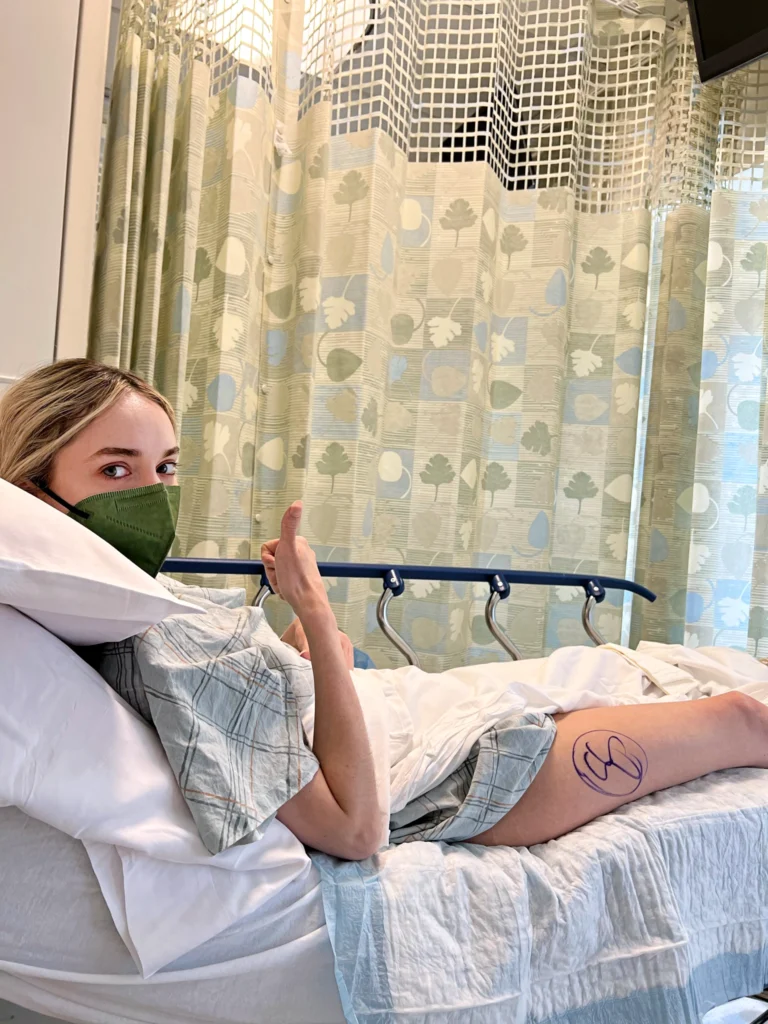
What do you want others to know about ignoring pain and putting off surgery?
I waited too long. I was in so much pain that I couldn’t take class, and my husband had to carry me around so that I could still perform. I would definitely recommend if you are having pain, that you find out what it is. The sooner you know what is going on with your body, the sooner you can fix it.
What was the most challenging part of your recovery?
Patience. You have to allow your body to heal while you’re strengthening it. Don’t skip any steps in the recovery process or overdo it. Love yourself and your body and let it do its job.
What ballet steps were the hardest to get back to doing?
I had to retrain my body to do specific steps. It took months to get my arabesque back, but now I can make all the proper ballet positions, which blows my mind.
How do you think knowing someone like you, who went through the surgery, would have helped during your hip replacement journey?
It would have been that bright light I needed. Support is so important. I felt like I went through a grieving process. I was in denial. Some days, I would be very upset, and others, I would sit in my car and cry because I didn’t have anyone who understood what I was going through or any examples of others who went through the same process. It was more complicated than it needed to be, and if I had that support, it would have been a lot easier. I want to be that bright light for others and let them know they can do this, and here are the steps.
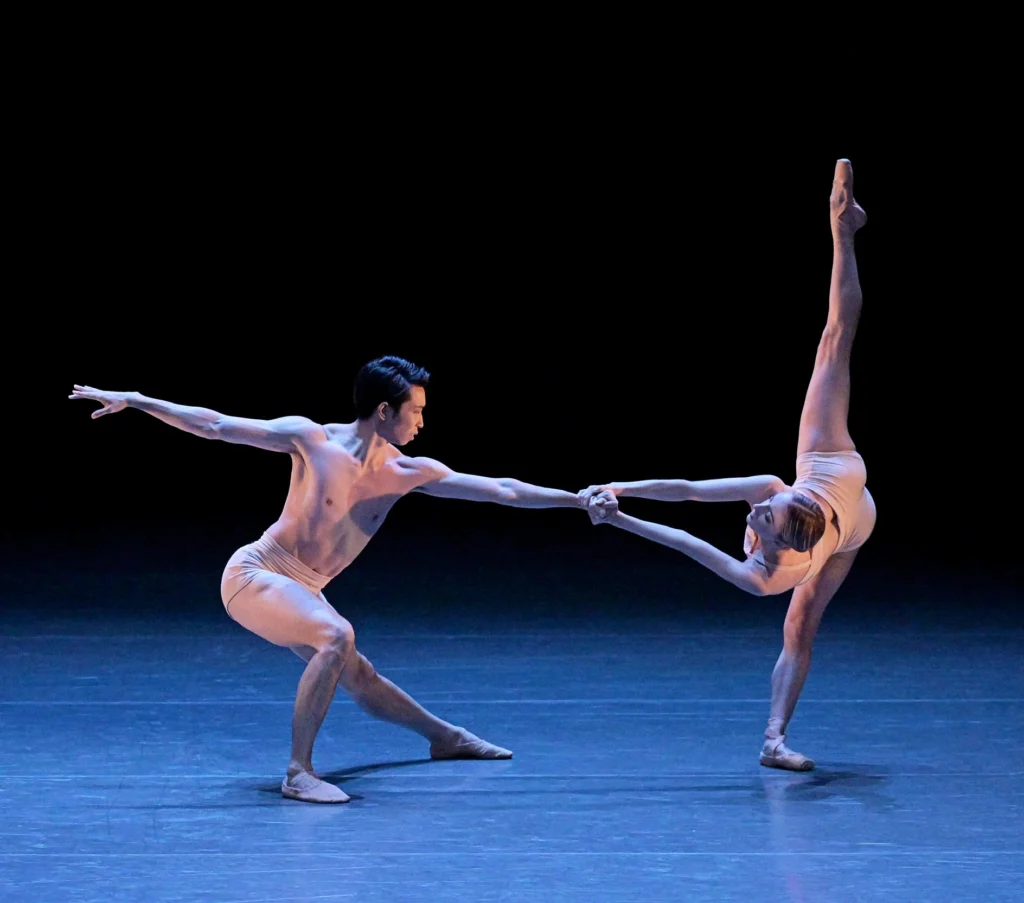
You’ve chronicled your surgery and recovery; how can people hear about your story or contact you for information that might help them?
I talk about my journey in several episodes of my podcast, Two Women Two Worlds, with former dancer Tilda Karine (available on Apple Podcasts and Spotify). On my Instagram page (@flexiejaybird), there are updates on my recovery, and you can see videos on how I am actually moving. People can message me there for information and advice.
Why is it important to you to help others going through this process?
Because of the lack of information. I have had so many professional dancers reach out to me, wanting to know what kind of hip replacement I had, what doctors to go to, and everything I have learned.
Do you have a personal message you want to say to dancers about to embark on this same surgery?
You’re not alone—others are going through the same thing. Don’t be afraid to ask for help. The recovery time is fast compared to other surgeries. Determination and goal setting are crucial to getting back onstage. You have to really want it. The mental game and strain were hard, but it was so worth it for me.
